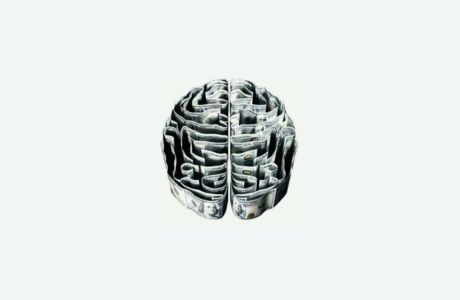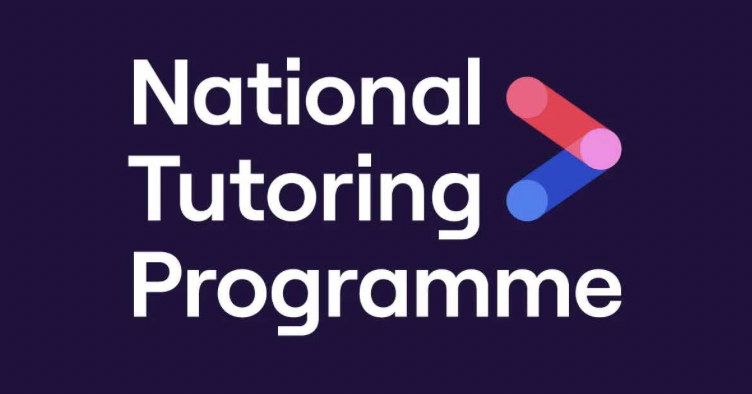FASD Blog #4 :

In our second blog to raise awareness on #FASDawarenessday , we talk about FASD and Education.
It’s International FASD Awareness Day – the ninth day of the ninth month, to represent the nine months of pregnancy during which there is no known safe level of alcohol consumption. Phew – that was a complex opening sentence. Yet it turns out that mentioning ‘no alcohol’ and ‘pregnancy’ in the same sentence triggers a whole lot of people for a whole lot of different reasons...hence the carefully neutral tone!
But... FASD and education. FASD is a lifelong brain and body disorder. It is a spectrum and no two individuals have exactly the same set of difficulties or strengths. It is often a hidden disability and it is oh-so-very complex. Mind- bendingly so. Yet there are commonalities: dysmaturity (functional ages that are different to an individual’s biological age); difficulty with executive functioning skills – planning, sequencing, inference, prediction - difficulty with memory and recall; impulsivity; poor grasp of cause and effect; sensory sensitivities.
None of these difficulties are, in and of themselves, totally insurmountable with early diagnosis; sensitive, brain-based parenting from caregivers and good supports. These difficulties usually coexist alongside great personal strengths like creativity. The problem happens when an individual is misunderstood and the environment that they are forced to try to function in is a poor fit for their skills, their difficulties and their hidden disability. One where they are expected to conform, to act their age, to control their behaviour and to learn from their mistakes through rewards or sanctions.
For many, that environment is mainstream school. Broadly speaking, things follow a pattern. If a child is lucky, early nursery and primary years are bearable if there is a degree of nurture and a therapeutic approach in teaching. When the early school years are left behind, around the age of 7-8, learning becomes more abstract and behavioural expectations shift up a gear. Kids with FASD begin to struggle – their brains become more overloaded, they have fewer breaks from ‘brain work,’ are expected to sit down and concentrate for longer, friendships become more nuanced, social cues more confusing and their social and emotional dysmaturity begins to become more apparent. As they become increasingly overwhelmed, this shows in their behaviour. They inhabit their amygdala more frequently – the fight, flight or freeze instinct is triggered by seemingly little things. Rewards and consequences are confusing or shaming for them and the failure of rewards and consequences leaves staff feeling frustrated. Exclusions or school refusals often follow.
The transition to high school is where things begin to fall apart for many children and young people with FASD. Their brains are simply not built to deal with multiple transitions, multiple subjects, multiple classrooms, multiple teachers and multiple unexpected changes every day – in a physical environment which is large, crowded and at times overwhelming to their senses. In a twist of the biological knife, hormones and puberty also enter the fray – hard to deal with for a neurotypical teenager; a tall order for one who may be operating socially and emotionally at half his or her chronological age. And so, often it is that the education system as we know it is incompatible with the needs of a person who has FASD. The irony here is that for many of these people, what truly disables them is not their FASD – it is the failure of an education system to allow them to demonstrate what they know and what they can do in an environment and in a way that suits them.
This is in no respect an exercise in teacher-bashing. I am a teacher. The majority of teachers work far over and above their contracted hours and bend over backwards to make accommodations for their pupils. It’s the ‘one-size-fits- none’ system that is a poor fit; it’s budget cuts; it’s cuts to pupil support staff at a time when inclusion policies mean our schools are bursting with pupils who have complex needs and it’s demands from policy makers who seem increasingly out of touch with what teaching in a school actually looks like. The secondary effects we read so much about when we consult Dr Google about FASD – the homelessness, poor mental health, risk of homelessness, incarceration, risk of suicide – these are not inevitable. Individuals with FASD can be – and some are – hugely successful adults who live full lives.
Diagnosis, appropriate supports and access to appropriate education are life changing and often for individuals with FASD, nothing short of life saving. The words of Maya Angelou resonate here: ‘Do the best you can until you know better. Then when you know better; do better.’
Parents, caregivers, individual teachers and individuals with FASD have done the best they can for a long time. But we know better. The training is there. The expertise is there. Change has been driven by parents and healthcare professionals – in Scotland, the SIGN guidelines for diagnosis exist; in England, the NICE Quality Standards will be released this year. There will, hopefully, be many more children and young people who receive earlier diagnosis if they have been affected by prenatal alcohol exposure. These people have a right to an education. It’s time for our education system to evolve and to do better.
More articles
Go to the blog



















